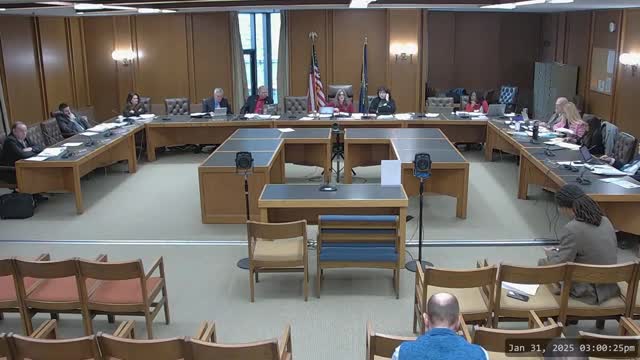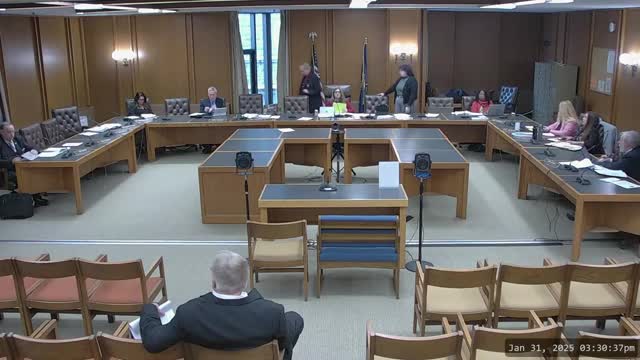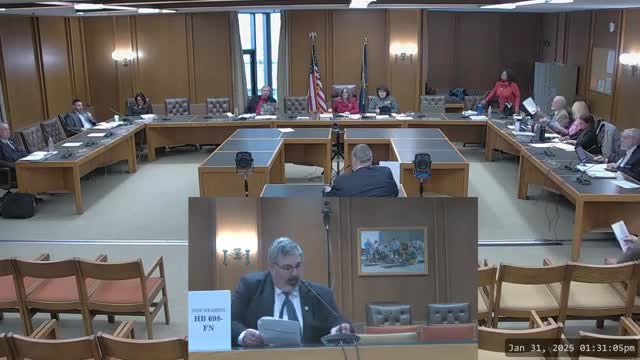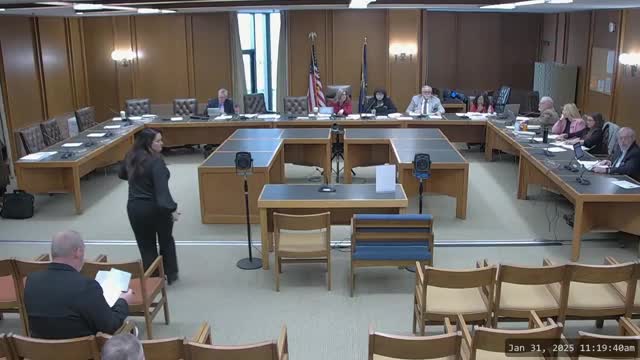Article not found
This article is no longer available. But don't worry—we've gathered other articles that discuss the same topic.

Bill would require officers to document consent searches; sponsor says move completes earlier reforms

Committee hears bill to raise penalties for assaults on first responders; advocates urge changes to protect people in crisis

Bill asks attorney general to request quarterly reports from federal agencies operating in New Hampshire

Bill to require identification when officers are not in uniform draws objections from State Police

Body-camera retention and discovery bill draws concern over deadlines, privacy and law-enforcement incentives

